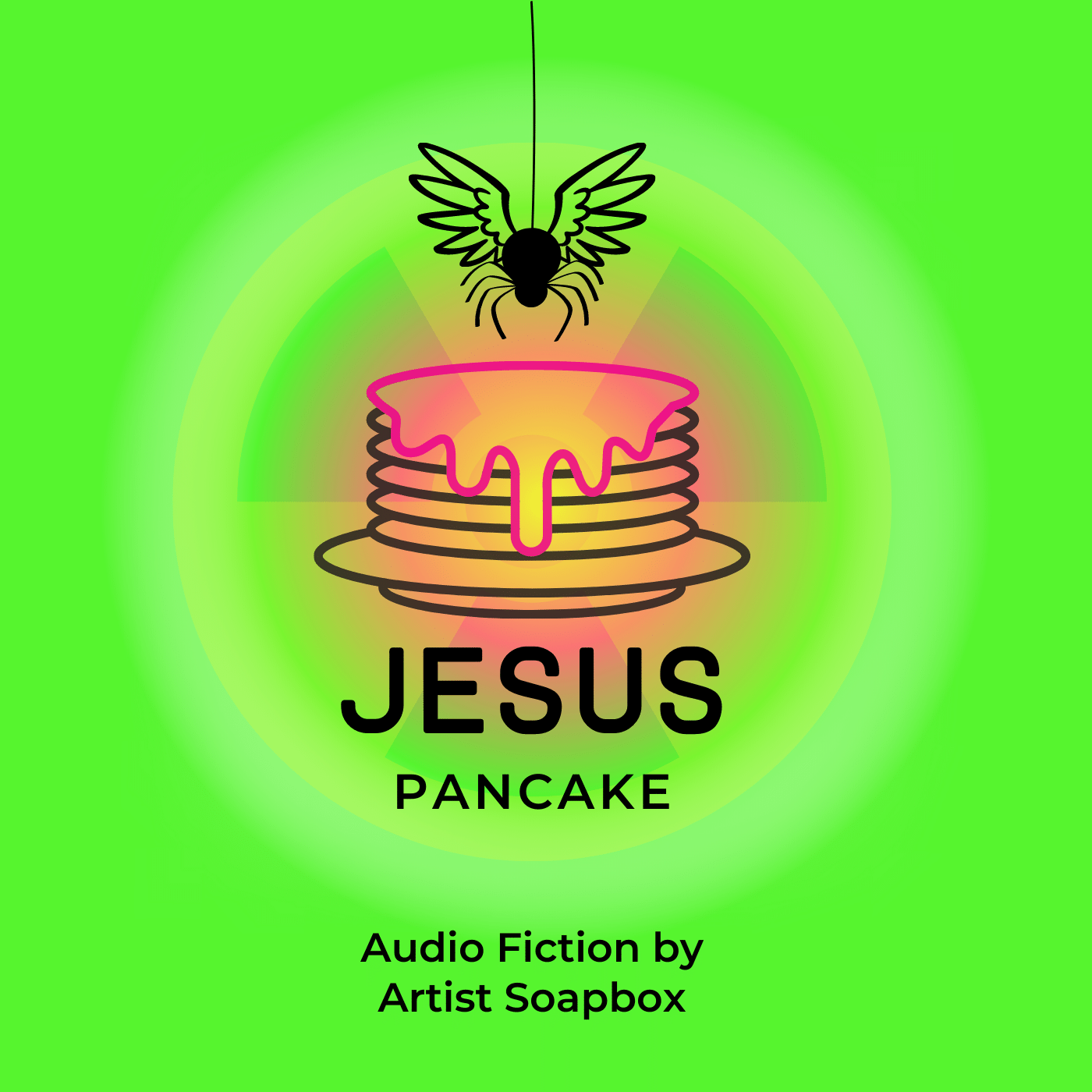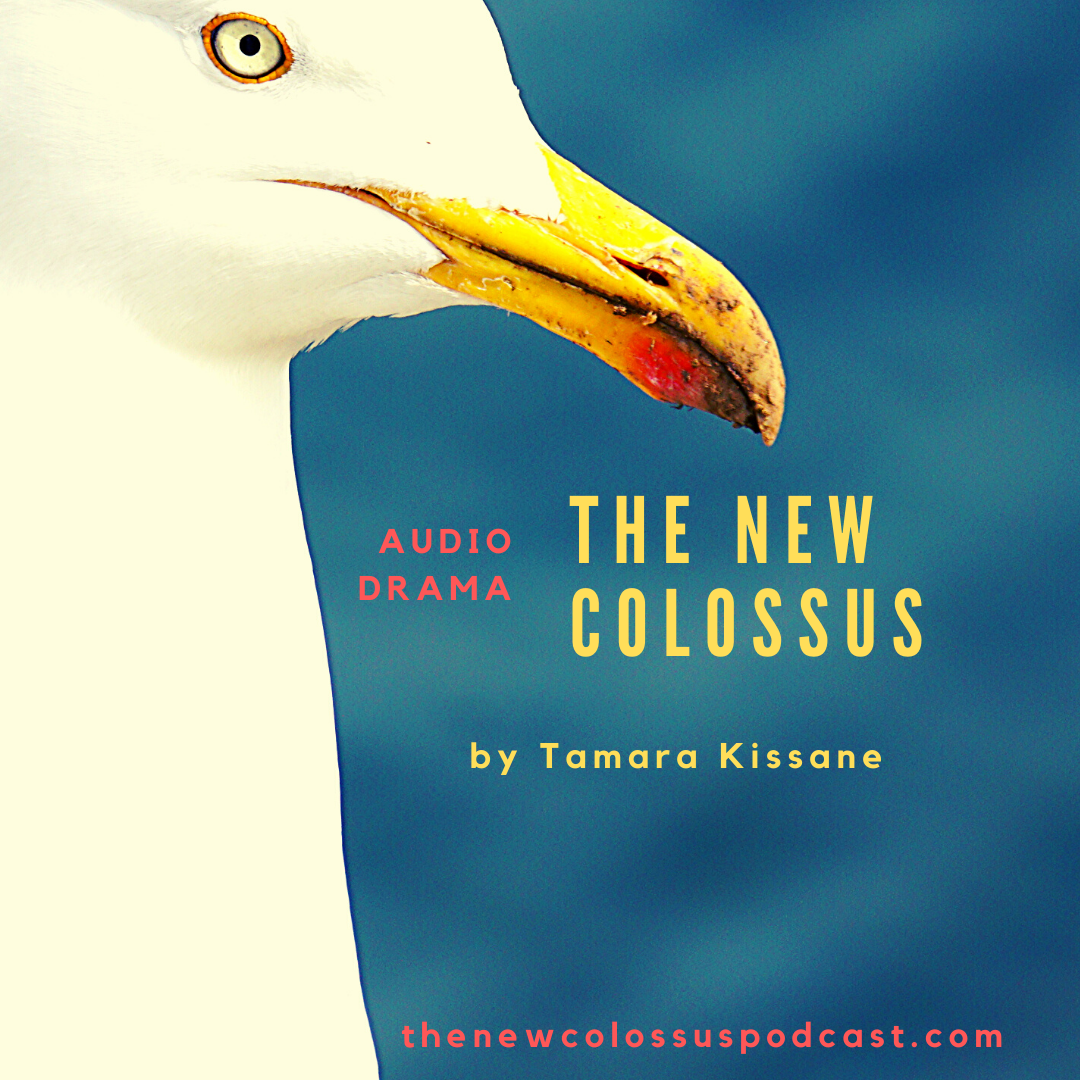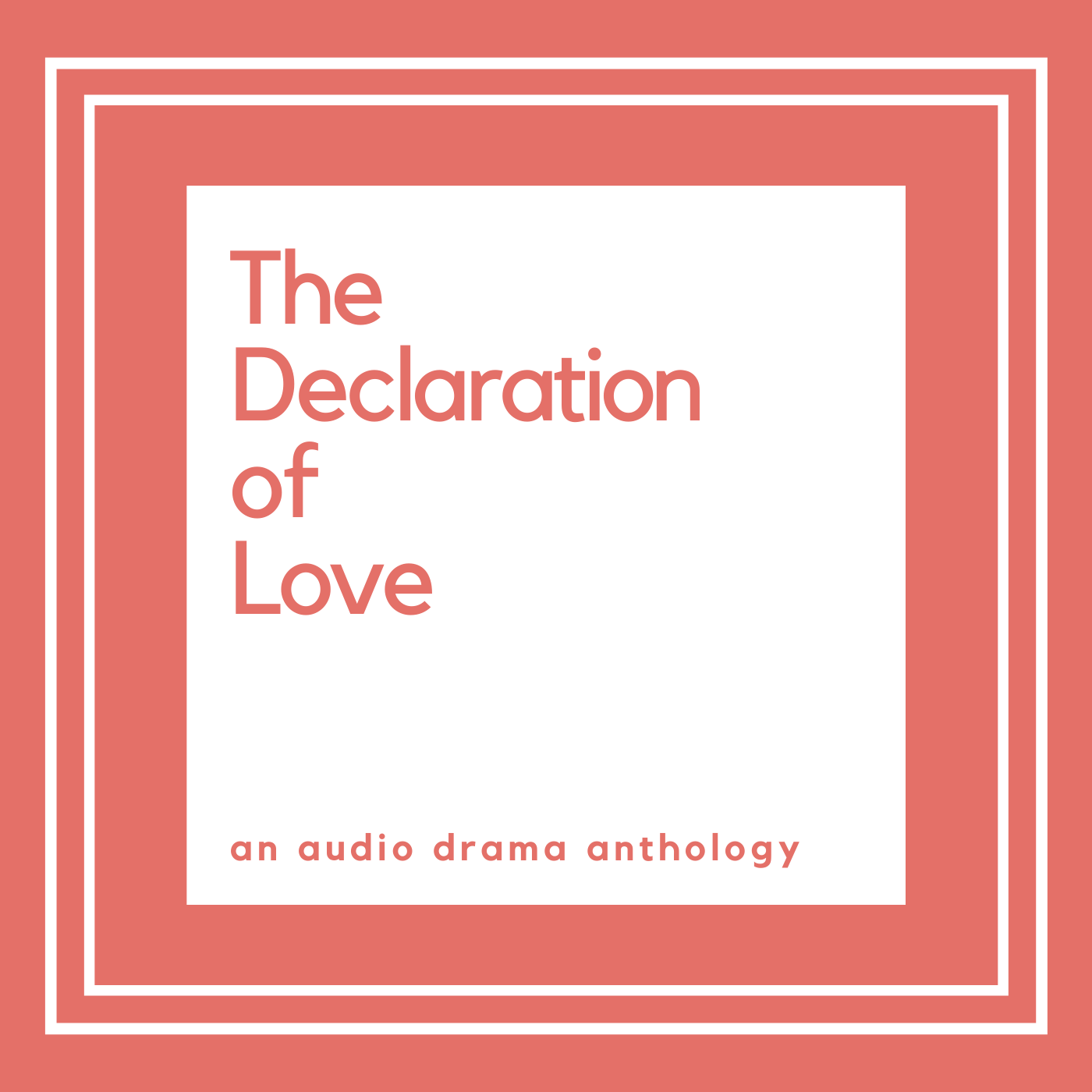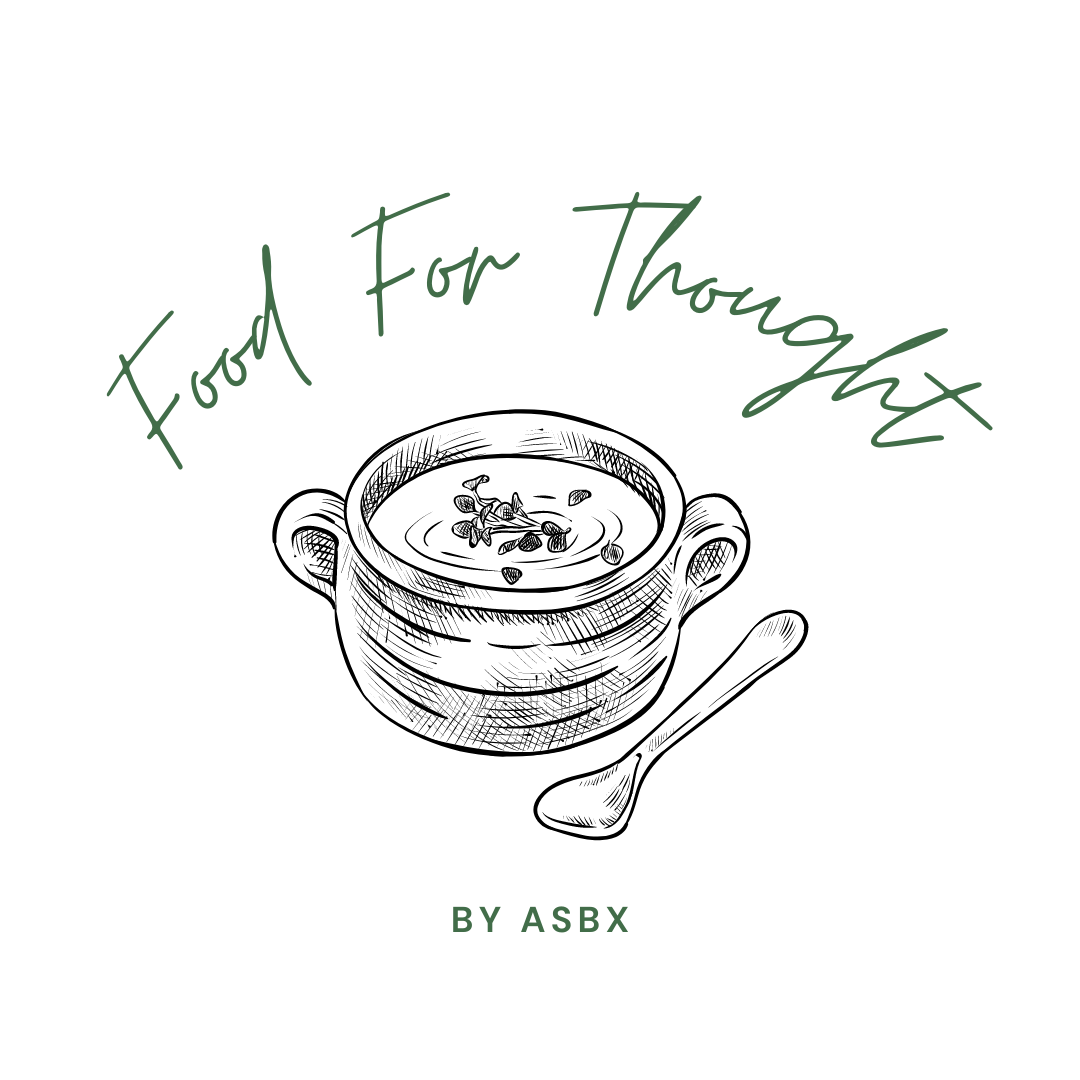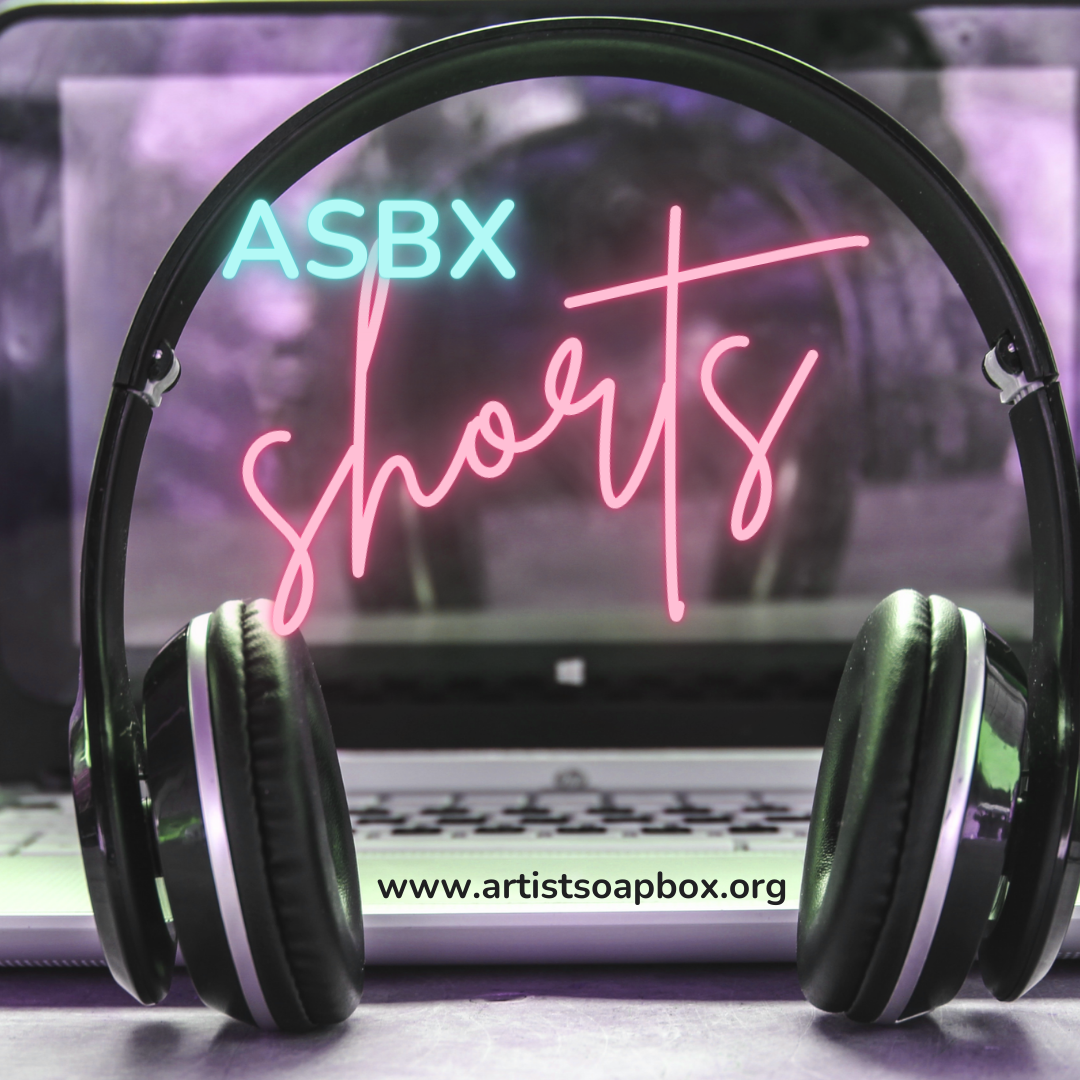Maybe you heard that we released an edgy contemporary adaptation of Anton Chekhov’s The Seagull earlier this year? Have you listened to THE NEW COLOSSUS audio drama? It’s six episodes in podcast form, and you can hear it in all the usual podcasty places.

If you are unfamiliar with the original Seagull, here’s some little bits about the bird:
Anton Chekhov wrote The Seagull in 1895, and it was performed a year later in Petersburg. In 1909, the play was translated from Russian to English. During the past 100+ years, there have been dozens of additional translations and adaptations, and countless productions of The Seagull. It’s one of those plays that continues to capture people’s imaginations. Wikipedia can tell you more.
I first read The Seagull in college (eep, 20 years ago!), and I remember thinking that it was an odd little play where not much happened. Mostly, people sat around and talked about….I don’t know….life…whatever….? And I didn’t understand the whacky obsession with the dead seagull (weird metaphor alert!). At that point in my theatre-making life, I was more excited by Shakespeare’s style of overthrowing kings and brandishing swords and epic drama, chest pounding, and washing up on the shore of the sea. Don’t get me wrong, I’m still into that, but these days I really dig the tragi-comedy of everyday life and the undercurrents of emotion that bubble below the surface of our interactions. Our ‘regular’ days are thick with feelings, dreams, aspirations, and disappointments. Maybe those interest me most because that’s what I have in my life right now. Not much epic drama or brandishing swords, thank goodness, but a very full life just the same.
SparkNotes describes Chekhov’s writing this way:
His plays marked a new movement in the theatre with their use of subtext, intimacy, colloquialisms and realism. His comedy-tragedies were unlike any plays that audiences had seen before because they made drama out of everyday circumstances, such as love and longing, instead of portraying the grand gestures of heroes and heroines of earlier plays.
In 2014, I was re-introduced to The Seagull. The play blew my socks off. The themes and conversations felt remarkably fresh and contemporary. The characters were deep and complex. I couldn’t stop thinking about it. I read different translations and adaptations and various essays and reviews. Then I got the zany idea to write a new play inspired by Chekhov’s Seagull. (It’s an homage, really, because I’m so fond of the original.) The stage version of my adaptation was produced in 2016 by Little Green Pig Theatrical Concern. The revised audio version was produced by Artist Soapbox in 2020 (that’s right, it was earlier this year a thousand years ago).
Please read about our amazing team who worked so hard to bring this piece to life.
Here’s some press:
- RDU On Stage: Review: Tamara Kissane’s Audio Drama THE NEW COLOSSUS May Satiate the Appetite of Audiences Mourning Live Theater
- IndyWeek: Listen to a New Six-Part Podcast of Tamara Kissane’s Unhinged Chekhov
Hopefully, people who don’t know The Seagull will enjoy THE NEW COLOSSUS as a stand alone piece and be inspired to read the original. Hopefully, longtime Chekhov fans will enjoy the ways we’ve reimagined this work. The basic story elements remain — they are the reasons I fell in love with the play in the first place. However, I made some noteworthy changes. Some examples: one character never comes on-stage, two characters merged into one, the scene order is different, music and current technology are more pervasive and impact the narrative, and there are several new and transformed scenes. In particular, I added two new scenes so the female characters can talk to one another. (Those interactions were missing from the original and I was curious to consider them.)
Most surprising to me, setting the play in 2019 had the biggest ripple effect on the entire project. It seemed pretty straightforward at first — just sprinkle in some modern words and references! — but the ways in which we interact with art, fame, community, family, technology, health, and success seem different than they were for Chekhov’s Russian characters in 1895. The tools are different. The love and the longing are still there, but we manage them differently today, I think.
I’ll be curious to hear what you think after you’ve listened.
I did keep the dead seagull though. What’s up with that?
More about TNC
TNC has its own website and podcast feed. You can see all the links below. Enjoy all SIX episodes and share, share, share.
The New Colossus Audio Drama is a totally unhinged dark comedy reboot of Anton Chekhov’s classic play, THE SEAGULL.
TNC is a production of Artist Soapbox and Soapbox Audio Collective with support from the Manbites Dog Theater Fund, the patrons of Artist Soapbox, the Mary Duke Biddle Foundation, Timothy McMackin, and Trailblazer Studios.
CONTENT WARNING:
The New Colossus Audio drama is rated R for content.
Episodes contain: explicit language, lust and sexual situations, gunfire, death, dysfunctional conversations, illness, bad theatre, anti-patriotism, drinking, and arm-wrestling.
You’ll laugh, you’ll cry. We hope you enjoy….The New Colossus.
CREDITS:
The New Colossus was written, directed, and produced by Tamara Kissane. This audio drama was adapted from Tamara’s 2016 stage play produced by Little Green Pig Theatrical Concern and inspired by Anton Chekhov’s play, THE SEAGULL written in 1895.
Big thanks to the incredible team who made this audio production possible:
Executive Producer: Aurelia Belfield
Sound design and editing by Sam Elia
Original Music by Edith Snow and Skylar Gudasz
The audio was recorded at Trailblazer Studios by Cameron Fitzpatrick, our audio engineer, and production manager Kyma Lassiter with additional support from production assistants Barbette Hunter and Kaley Morrison. Additional recording support by James Phillips.
This audio drama features the acting talents of Ron Lee McGill as Konrad, Carly P. Jones as Nina, Edith Snow as Irina, John Jimerson as Trig, Skylar Gudasz as Masha, Ryan Ladue as Meddie, Susannah Hough as Paulina and Michael Foley as Sorin. Kyma Lassiter was the anonymous interviewee on the street. Graphic design by Kaley Morrison.
INDIVIDUAL EPISODES 1-6:
- Try to like it, Mother, ok?
- What did you think of my play?
- Tell me something that you didn’t plan.
- Fun, Fun, Fun Day!
- The K-Rad Chronicles
- There goes my love.
- Trailer
SUPPORT:
To support the work of Artist Soapbox, please consider becoming a monthly Patreon contributor.



